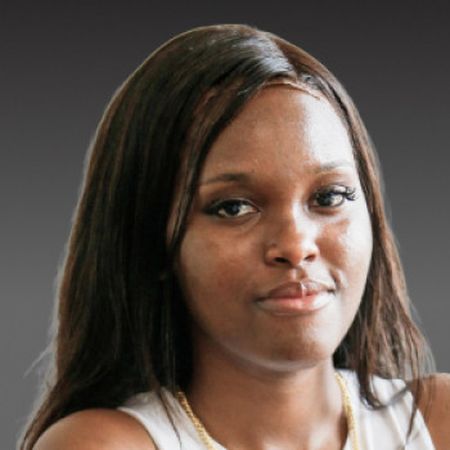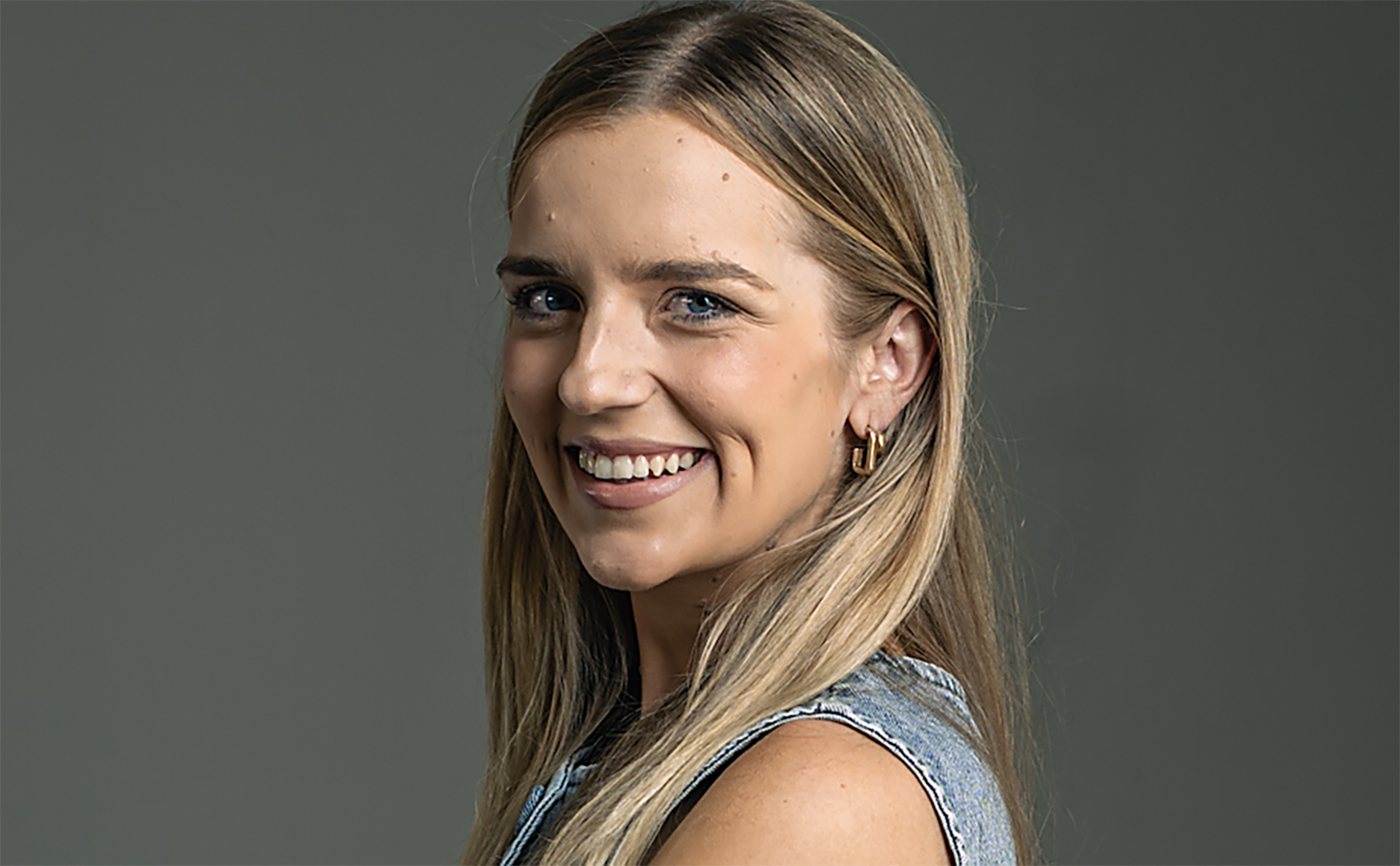Savannah Cozzi’s professional journey began at Webber Wentzel, one of South Africa’s most esteemed law firms, where she excelled as a corporate attorney for nearly three years. Yet, beyond the demanding casework and corporate negotiations, another passion pulsed quietly beneath the surface, a steadfast commitment to service.
Even during her formative years in school and university, nonprofit work wasn’t just a fleeting interest, it was a calling she embraced actively. She juggled volunteer roles, managerial positions and nonprofit board duties, quietly cultivating a deep commitment to social impact.
“It was always about service to humanity for me. I reached a point where I decided to leave corporate law to pursue that passion full time. I believe service to humanity is the best work of life,” she said.
Making of a changemaker
Cozzi’s dedication to education is deeply rooted in both her personal experiences and her empathetic understanding of the systemic inequalities entrenched in South Africa’s schooling system. Having witnessed firsthand the vast disparities in access and quality of education, especially in under-resourced communities, she views education not just as a pathway to opportunity, but as the critical equaliser that shapes futures.
“Education is the great equaliser. It is, in many ways, criminal that a learner’s future in South Africa can be determined simply by the geographic location of their birth. The fact that an entire generation of young people faces limited opportunities, not because of their potential but because of the systemic failures in education – that is something we cannot ignore,” she said.
Her passion goes beyond mere observation as it is fuelled by an urgent sense of responsibility. This realisation has been a powerful motivator for her to act, to fill the gaps where the state has been unable or unwilling.
Cozzi says she often invokes the words of Theodore Roosevelt as a guiding principle. “We can all do what we can, where we are, with what we have.” This pragmatic yet hopeful mindset shapes the work of the Education Outreach Foundation. By harnessing whatever resources, connections and energy they can muster, Cozzi and her team are determined to create meaningful change within their sphere of influence.
Empathy in action
/file/dailymaverick/wp-content/uploads/2025/07/IMG_1103.jpg)
Cozzi approaches South Africa’s education landscape with both honesty and profound empathy, fully aware of the immense challenges faced by learners, educators and communities alike. The education sector grapples with under-resourced schools, crumbling infrastructure and an overburdened teaching workforce, all compounded by social and economic inequality that often feels insurmountable.
During her visits to schools in regions such as the Eastern Cape, Cozzi has encountered stark realities that underscore these struggles. One vivid memory she shares illustrates the complex challenges learners face. During exam time for certain grades, such as the Grade 10s and 11, students from the other grades still came to school, despite not sitting exams, because school was their only source of a reliable daily meal. Compounding the difficulty was the shortage of teachers — since the available teachers were focused on supervising the exam-writing students, there were no teachers left to attend to the other learners. This created a chaotic environment and left many students without support for their learning.
“The principal told me, ‘What am I meant to do? The learners did not come into school today to learn, they come because if they don’t, they don’t get fed’. Teachers are overworked and underpaid; resources are almost nonexistent. The situation is heartbreaking and complex,” she says.
Such experiences have impressed upon Cozzi the importance of designing nonprofit interventions that are not imposed from the outside but are deeply respectful of and responsive to community contexts. She is keenly aware that well-meaning programmes that fail to engage local stakeholders often falter or miss their mark entirely.
“You cannot be a white saviour walking in thinking you know what’s best. Our role is as enablers, providing tools, resources and opportunities, but the community must lead the change. Without community buy-in and collaboration, programmes won’t be sustainable or truly impactful,” she says.
This philosophy of co-creation means listening closely to the voices of principals, teachers, parents and learners themselves. It means acknowledging the lived realities on the ground and adapting programmes accordingly, instead of applying a one-size-fits-all solution.
The Education Outreach Foundation collaborates with organisations such as the Trevor Noah Foundation that already have trusted relationships within specific communities, ensuring interventions are culturally relevant and embraced.
Cozzi also highlights the fragmented nature of the nonprofit sector as a hurdle.
Many organisations work in silos, each trying to “reinvent the wheel” with their own initiatives, rather than pooling knowledge and resources to create larger, coordinated impacts. She called for greater collaboration and a shared vision to overcome these systemic challenges together.
“The education crisis in South Africa isn’t something any single entity can solve alone. It’s layered and multifaceted, but by starting with small, community-led steps and working collectively, we can chip away at the barriers that hold learners back and provide them with meaningful pathways to success,” she says.
Through this grounded, empathetic and cooperative approach, Cozzi and her team strive to not just deliver programmes, but to nurture long-term partnerships that empower communities to reclaim agency over their educational futures.
Future focused
/file/dailymaverick/wp-content/uploads/2025/07/IMG_1101.jpg)
At the heart of the Education Outreach Foundation’s work is the flagship Future Forward Workshop, which is designed to provide career guidance, digital literacy training and entrepreneurship insights to learners from under-resourced communities.
“Our workshops challenge the narrow pathways many learners feel pressured to follow, the usual routes like becoming a doctor, lawyer or engineer. We aim to open their minds to a wider world of possibilities and show them that their dreams don’t have to be confined to what’s expected,” Cozzi says.
A unique and powerful aspect of these workshops is the involvement of volunteers who often come from the very communities they serve.
“Having volunteers who have walked the same paths inspires learners. One of the volunteers told his story of dropping out of accounting at school but is now thriving in third-year accounting at university. That kind of real-life example gives hope and shows what’s possible,” she says.
Thehe Foundation has ambitious plans to roll out digital learning labs nationwide. Cozzi is candid about the challenges involved.
“There are many complexities, theft risks, poor infrastructure, so it’s not as simple as just dropping computers into schools. But we see digital literacy as essential. These learning labs will teach practical skills, like how to write a CV, send professional emails or explore online courses. We want learners to gain the confidence to navigate the digital world on their own terms,” she says.
Measuring impact for the Education Outreach Foundation revolves around the shifts in learners’ perceptions and aspirations.
“We use pre- and post-workshop feedback forms to track change. Often, learners come in unsure about their futures and leave with clarity and excitement about different career paths they hadn’t considered before,” Cozzi says.
Though the organisation is still young, Cozzi highlights some touching successes.
“I remember a girl who said she never knew what she wanted to do, but after our career mapping session, she said, ‘You’ve changed my way of thinking. I finally have direction”. These stories, while small in the grand scheme, are monumental for us. Even just helping one learner think differently about their future is a success. It’s those individual victories that build towards systemic change over time,” she says.
A vision for collective action
Reflecting on South Africa’s deeply entrenched socioeconomic divide, Cozzi is calling for a profound shift in mindset, from indifference and isolation towards empathy, collective responsibility and shared humanity.
“We exist because of each other, and this country is built on the interconnectedness of its people. Every child’s future should matter to all of us, no matter where they were born or what circumstances they were born into. It’s not acceptable that opportunities are slashed just because of geography or economics, that goes against everything our Constitution stands for,” she says.
Cozzi says her long-term vision for the Education Outreach Foundation is for it to become a cornerstone nonprofit in South Africa’s education landscape, breaking down barriers and building bridges to opportunity through digital literacy and expansive educational programmes.
“We want to be a catalyst, a contributor and a trusted partner across the country. Our vision is to create sustainable digital learning labs in communities previously left behind, providing ongoing access to technology, and with it, access to opportunity,” she says. DM





 Savannah Cozzi is one of the co-founders of the Education Outreach Foundation, which provides digital literacy workshops to learners in under-resourced communities. (Photo: Supplied)
Savannah Cozzi is one of the co-founders of the Education Outreach Foundation, which provides digital literacy workshops to learners in under-resourced communities. (Photo: Supplied)